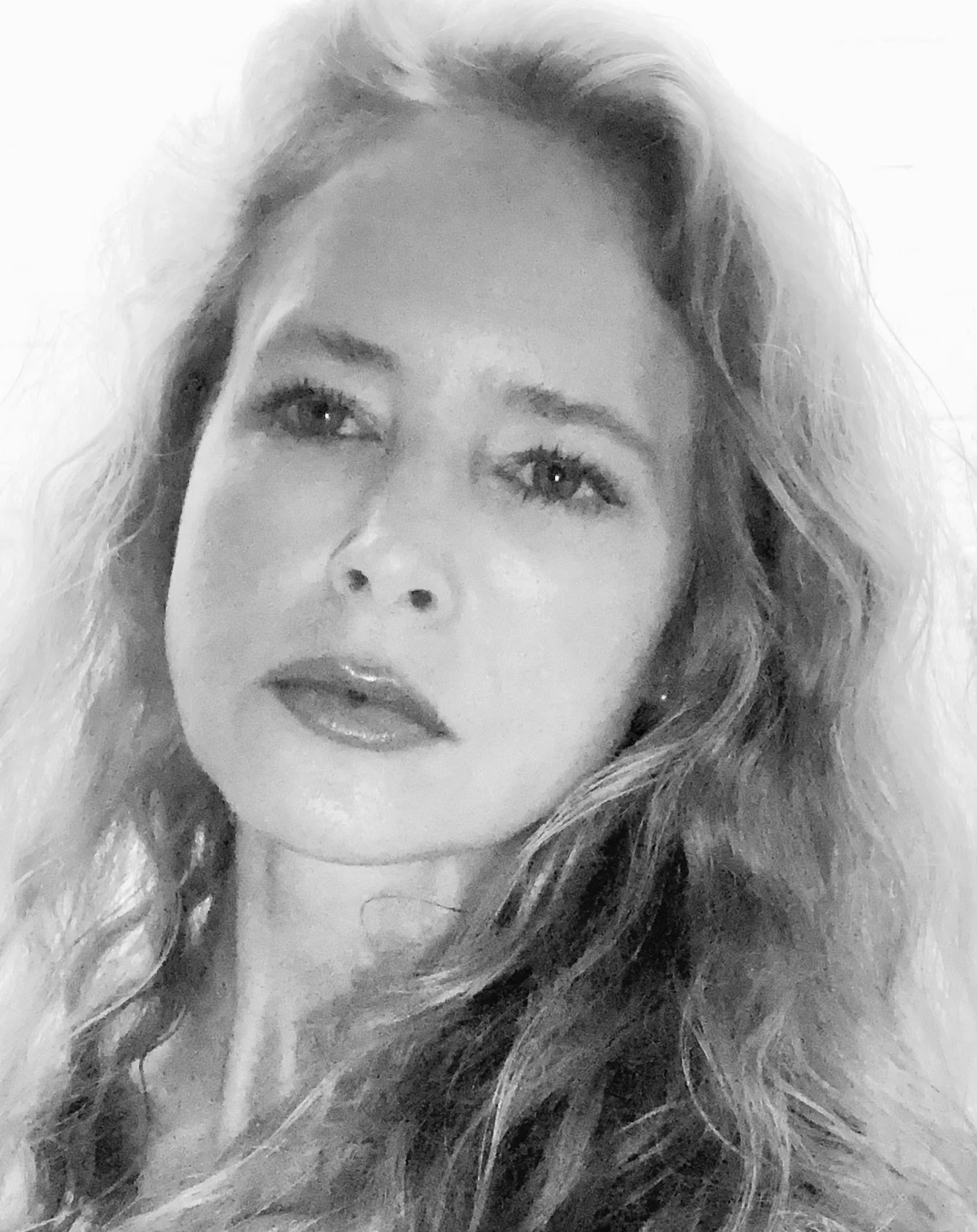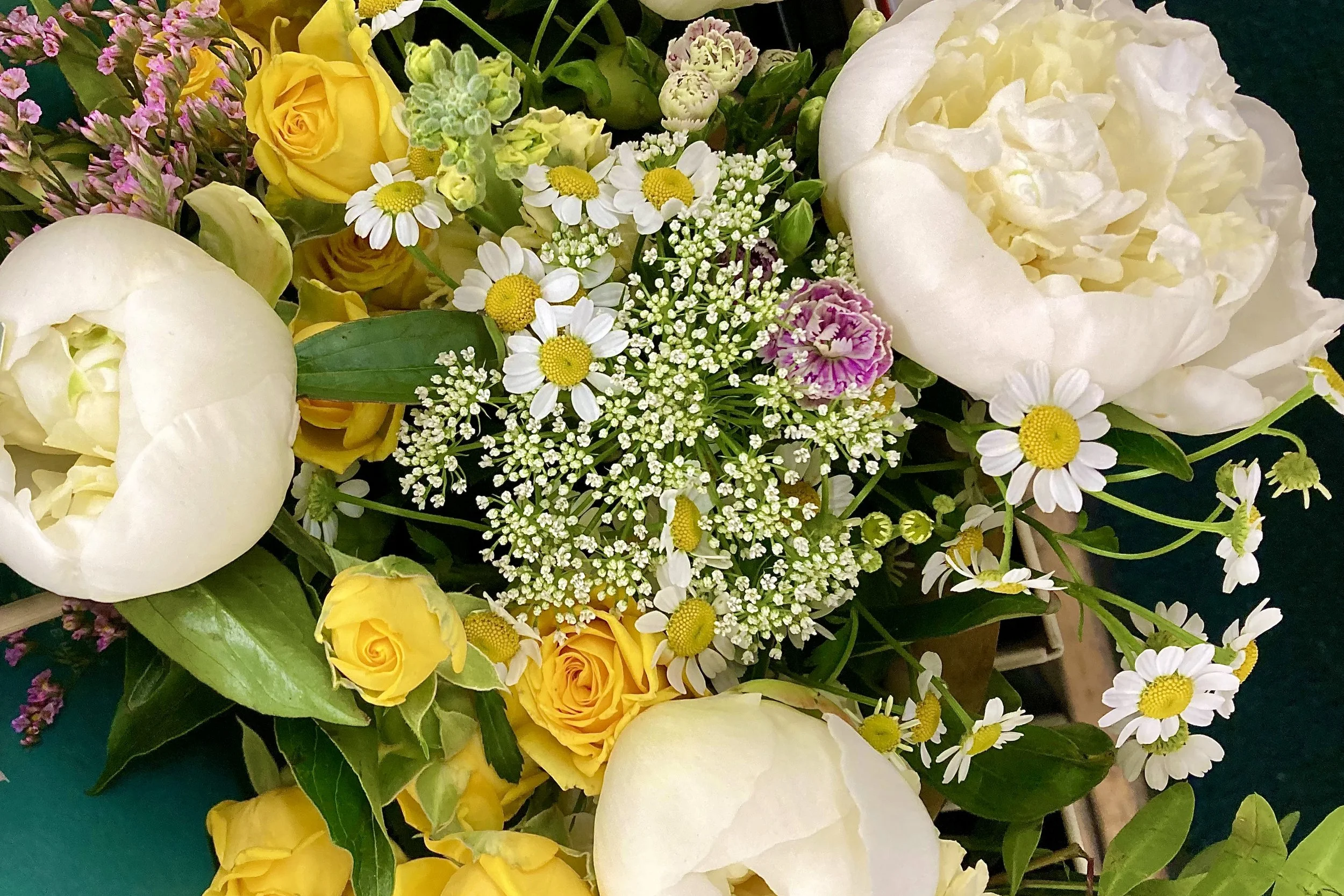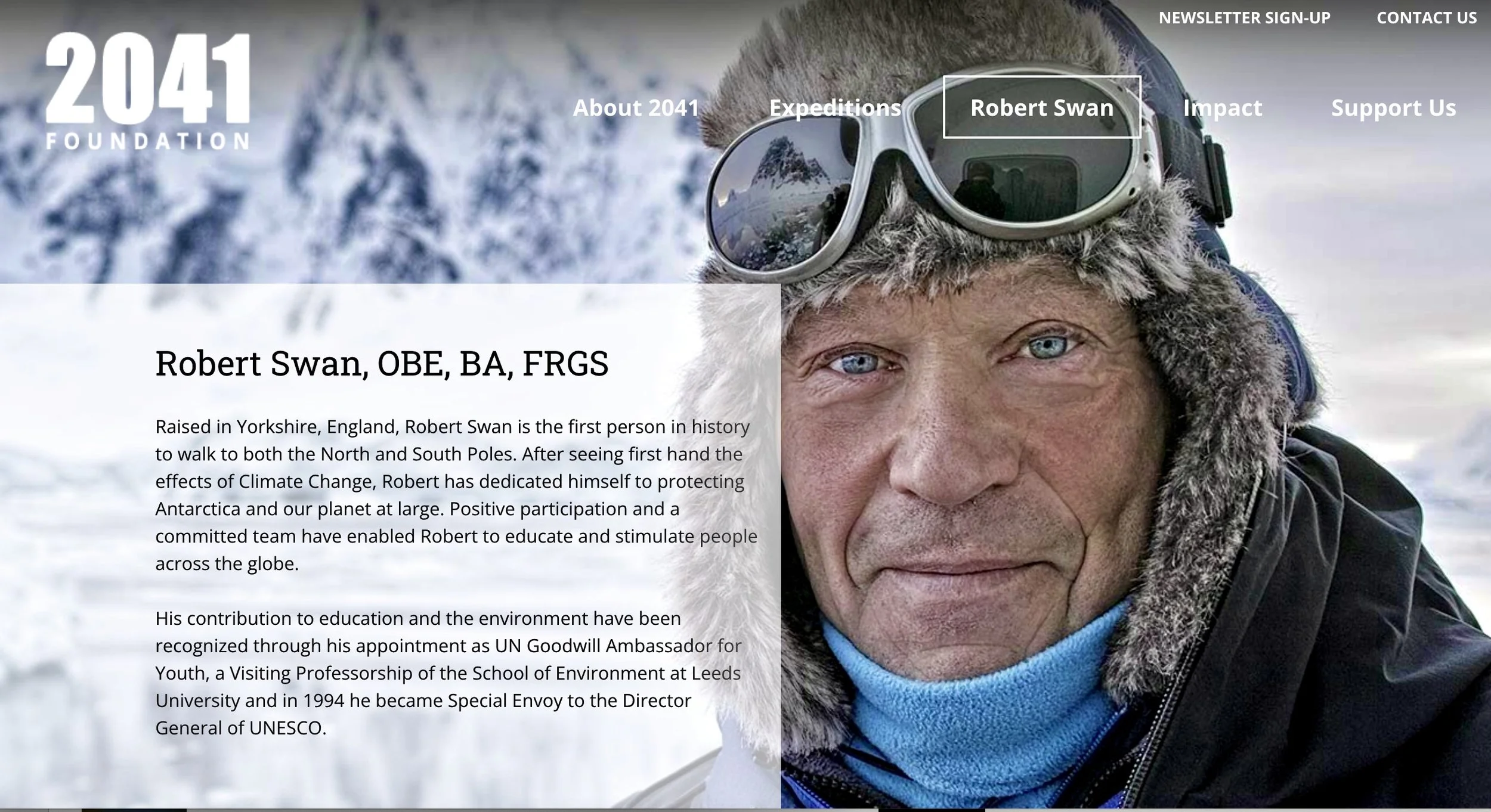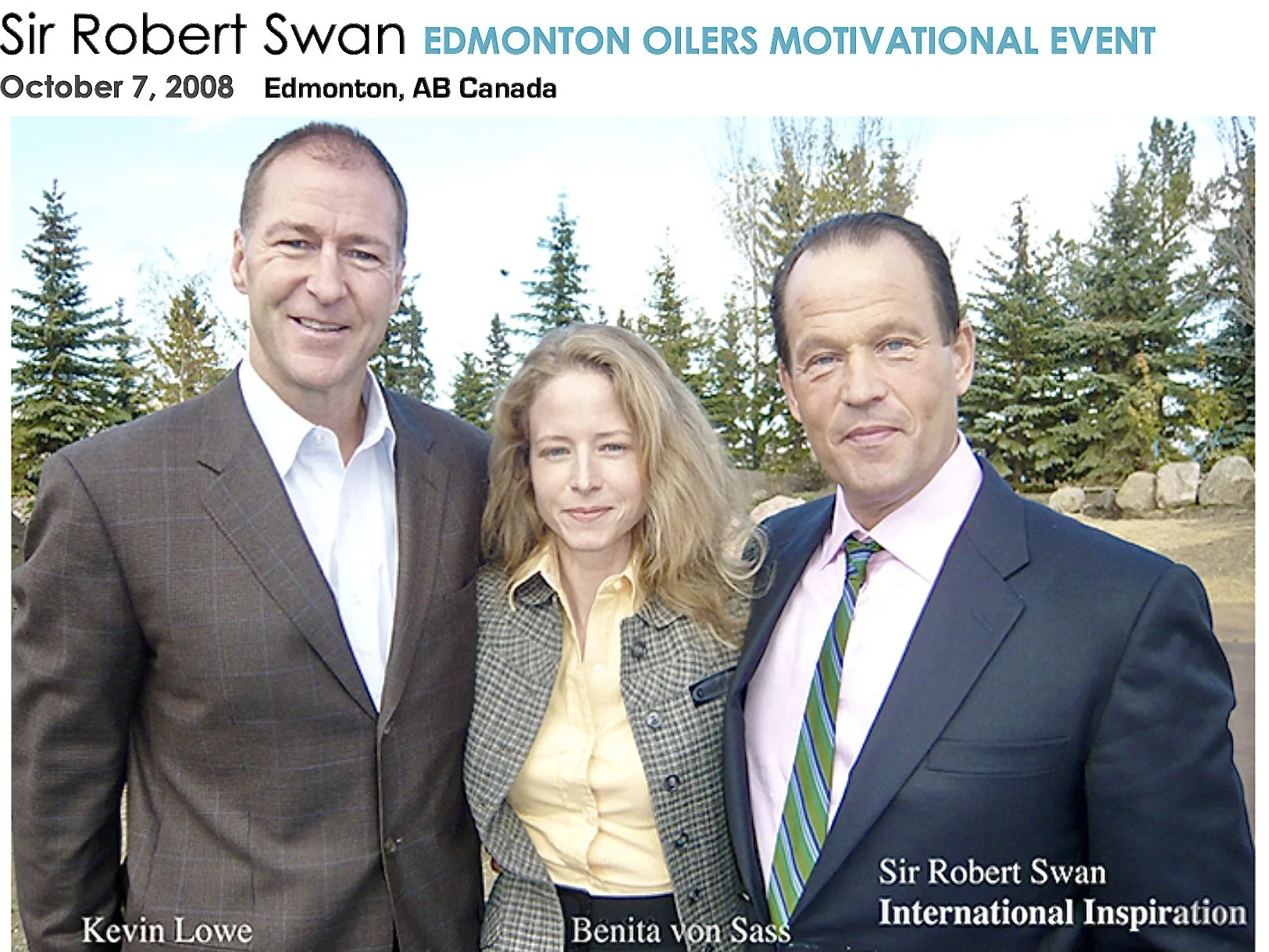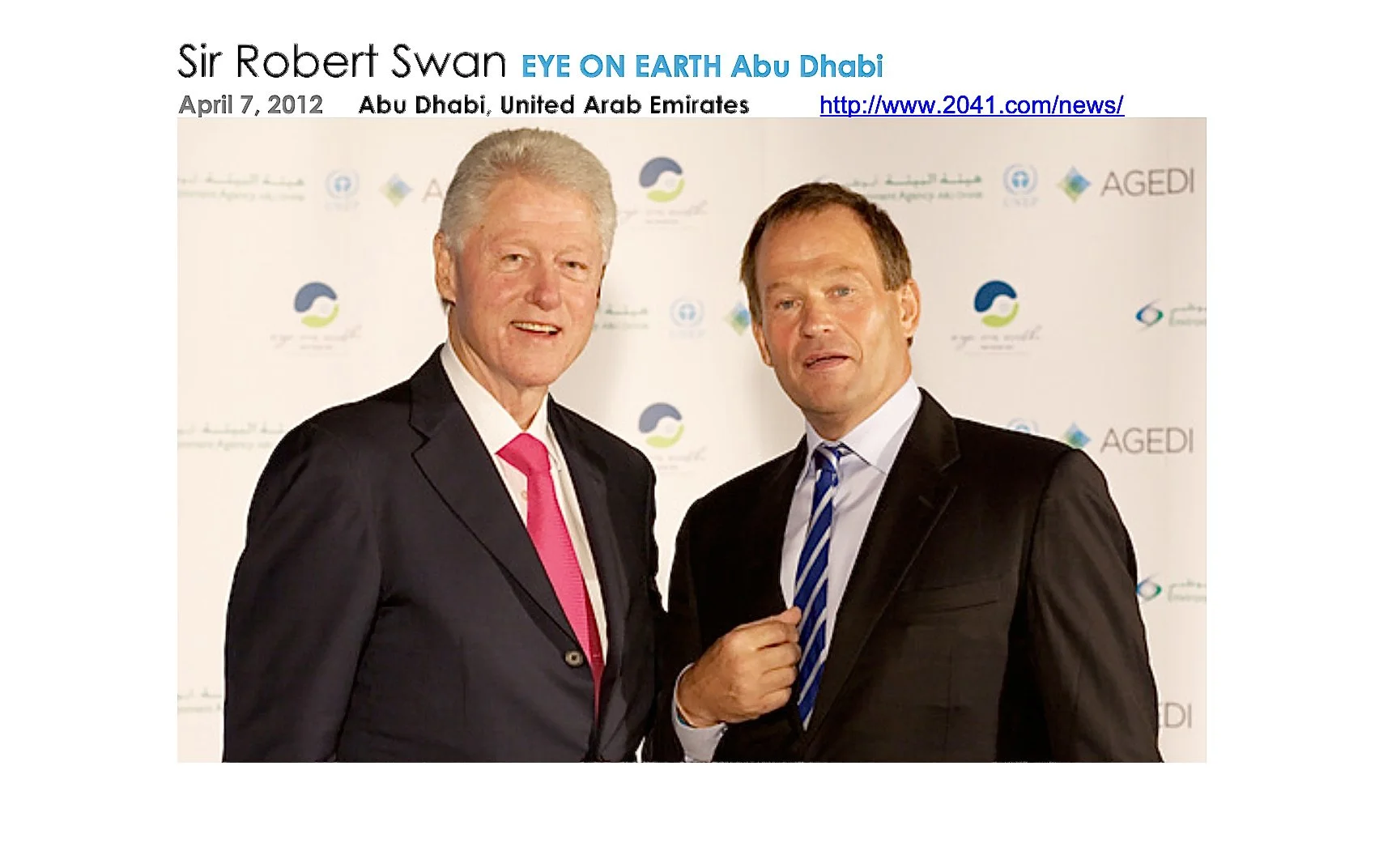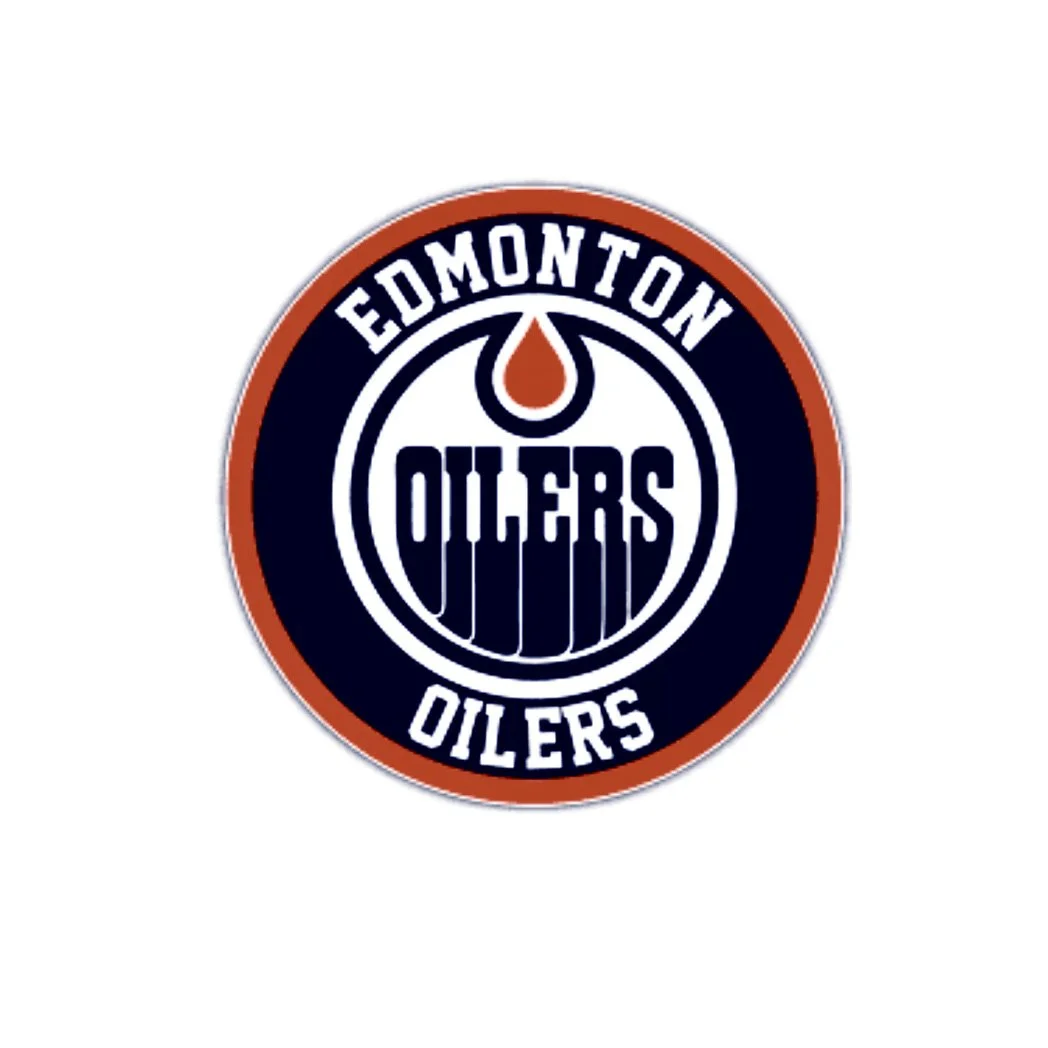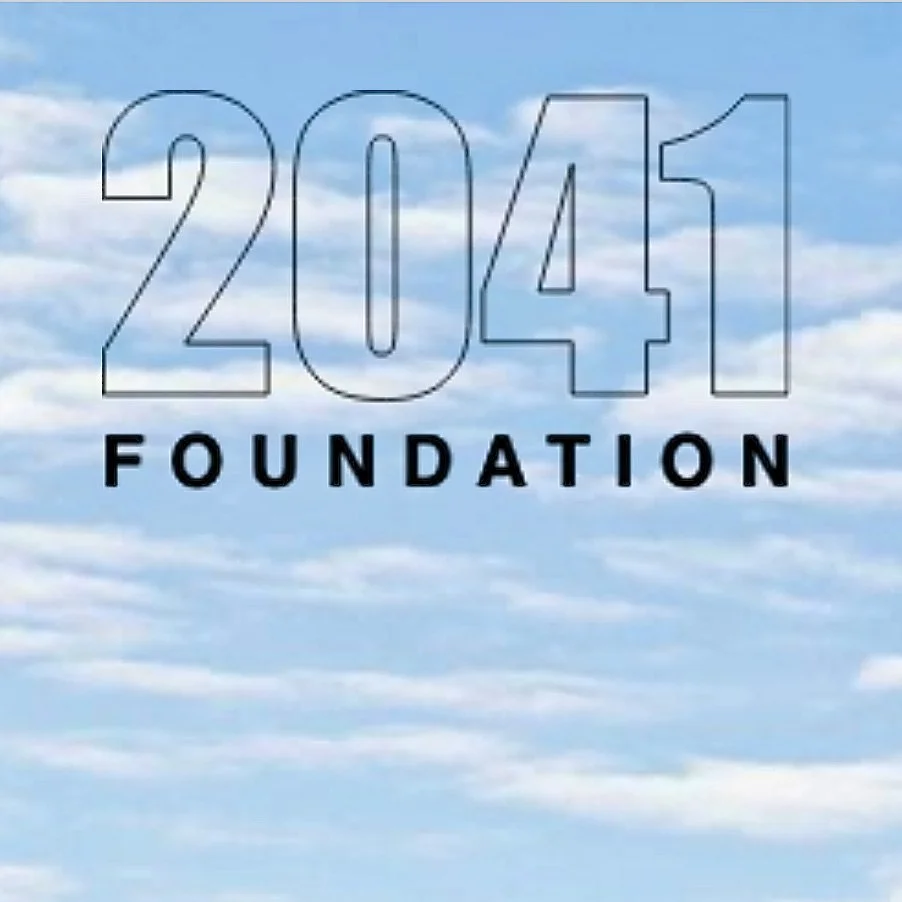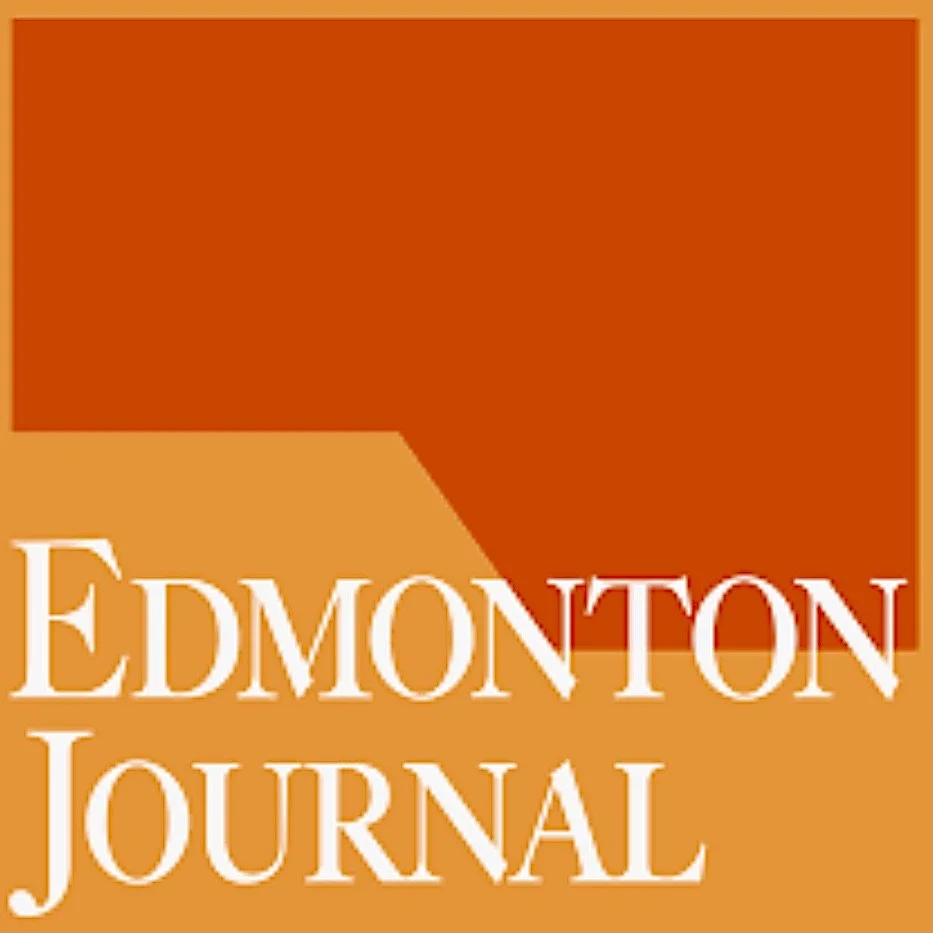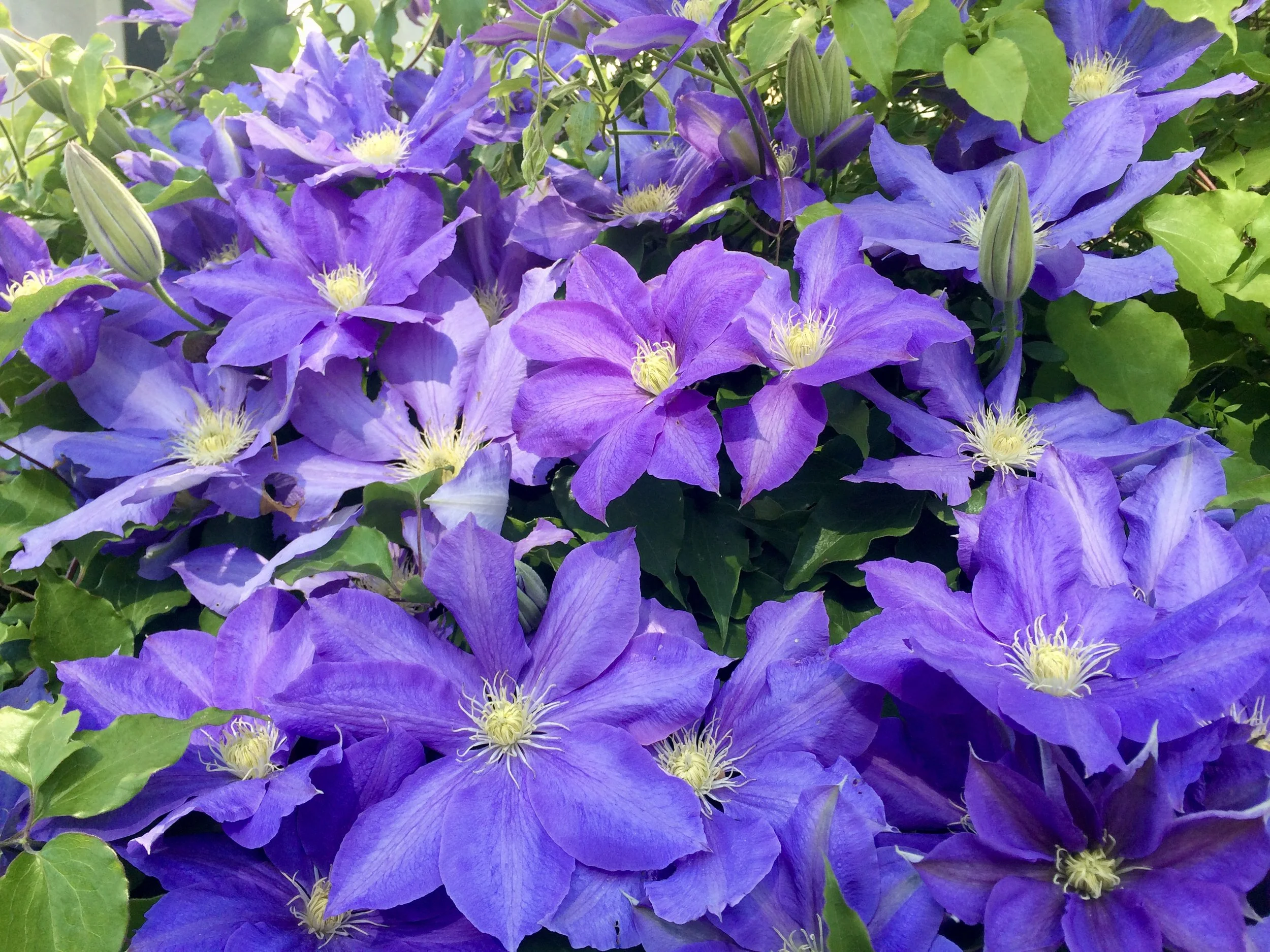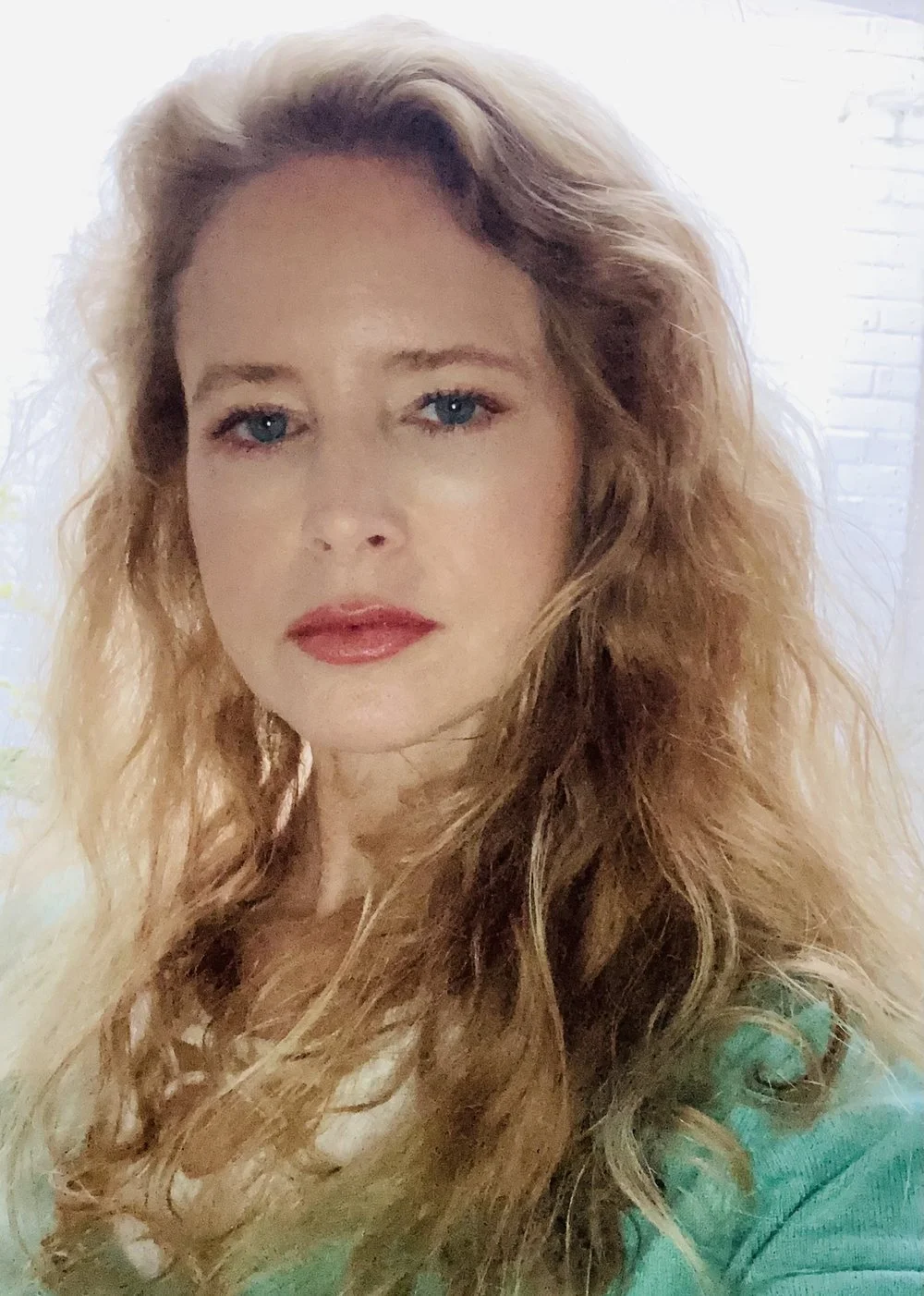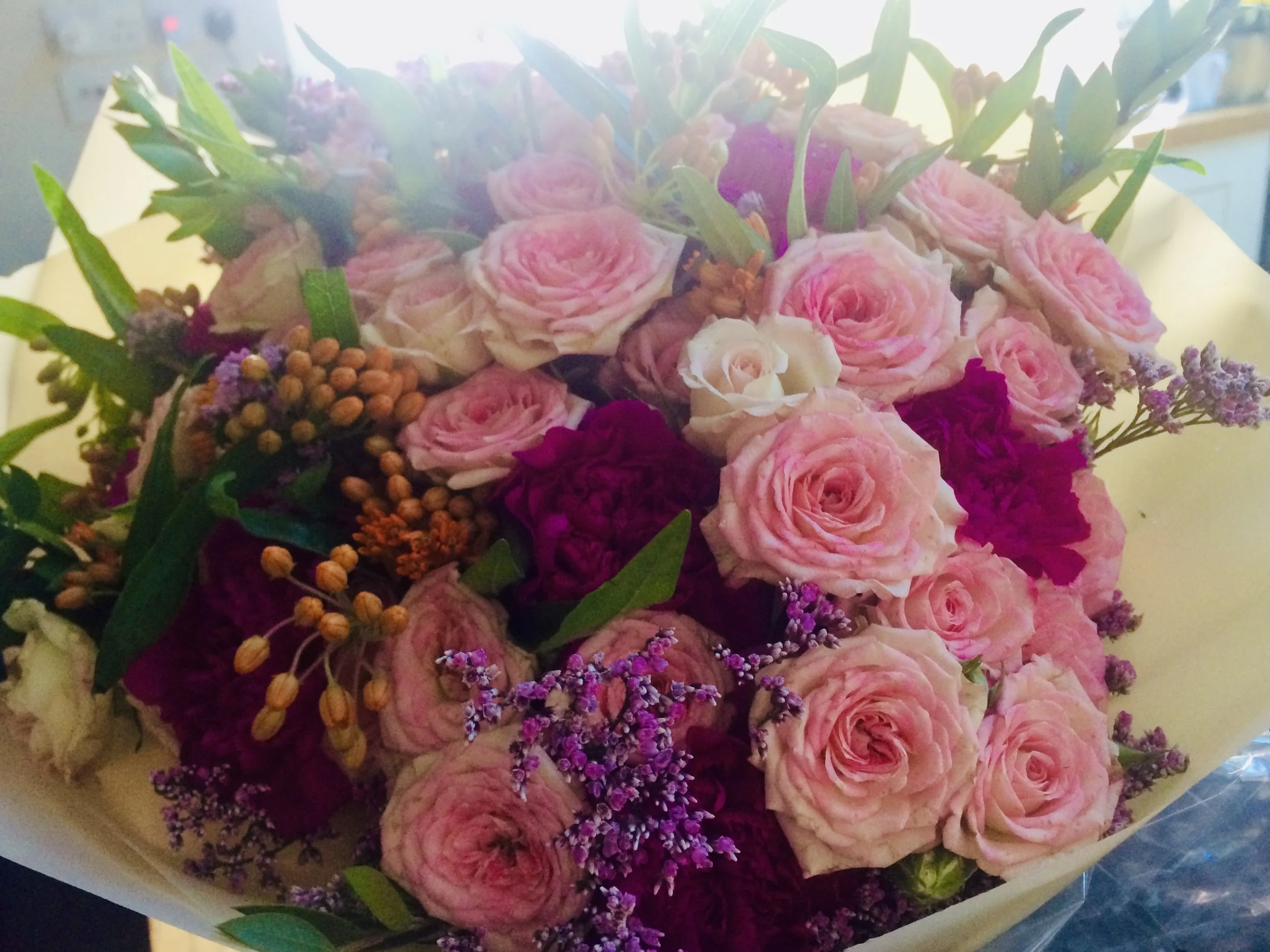ABOUT
LIFE PERSPECTIVES
1. My Story
I’m here in the world. And, just like you, I am this unique combo of genetics and all of what I’ve done and experienced so far. My whole life I’ve looked around and seen the beauty, the complexity, the interaction. Rest, movement, conflict in a dance that just goes on and on…
What should I do? What is the right way to live? These were my fundamental ‘questions to self’ from as long back as I can remember.
I was born in Montreal, Canada. I grew up with my three siblings mostly in Calgary, going to middle and high school playing sports and dancing ballet. Eventually, I got a degree in General Humanities as I searched through philosophy, religion and history for answers. I studied Shotokan karate and spirituality in various forms, including Christianity, Buddhism, Islam, Mormonism, Kabbalah and many different kinds of meditations and chanting - even hard labour in silence.
I worked in modelling contracts in Japan and Europe over several years, learning confidence, cultures and creativity. I took care of family responsibilities, learning selflessness, commitment and strength. Throughout that time, I was looking for Truth - the deeper reality at the core of everything that would make sense of why we are here and what is truly good.
Paradoxes were everywhere. How to make best sense of this? Was there really good and bad? Religion as dogma made no sense to me, despite recognizing moving and beautiful aspects in many differing faiths. But it had to be incontrovertible - a recognition of something I could know or see for myself - or else any dogma or belief was as good as the next. I didn’t want to just choose.
I transferred to Edmonton where I attended law school at the University of Alberta in the pursuit of justice - the right versus wrong paradigm. I left after two years, dedicated to advocating for community improvement through extensive fundraising and inspired business events that spoke to people’s hearts, not just their minds or wallets. I attracted bestselling authors, government leaders, and international luminaries such as, for example, activist/polar explorer Sir Robert Swan, the only man to have walked the north and south poles and an expert on group cohesion and unity having survived extreme conditions with his team.
As I strove to be my most real self, to live in accordance with everything I knew and believed to be true, nature seemed to know what to do all on its own. Flowers came up without being told, animals knew right from birth how to eat, how to be loving and when to compete. Mountains and meadows just were, yet I continued to question my existence - the many aspects of it, and theirs.
Within that, I let someone else tell me what is good. I allowed someone to tell me what is real, how to live my life and what to value. Trusting an initially beautiful message about honesty and truth - reinforced with energetic happenings as ‘proof’ of divine origins - I came to learn how well-meaning people can be drawn away from their own profound nature, giving money and time to a divisive ‘us versus them’ scheme. An arduous process of self-denial and servitude eventually led to my self-reinstatement, and a profoundly deep return to what I had known all along… now from irrefutable experience:
I am, as we all are, a multi-faceted unique person in the world. I can value the beauty of my life including its contradictions and paradoxes. I can live feeling the gratitude, feeling my connectedness as a personal and unique part of the greater whole. My skills, my imagination… these are MY playground and my dwelling place, within the greater whole of which I am a part. I do this all in the felt expression and joyful reality of what I uniquely am, not in denial, and not in subservience of any kind to someone else.
The picture that comes to mind is a garden… each of us a flower in that great garden filled with so many unique flowers. Each of us holds the key to our own unfoldment. I exist as an individual, yet within my felt relationship to everything around me… That is the fulfillment of my life. Someone else doesn’t hold my key.
I realized this and emerged with a clear perspective and earned foundation. Not everyone finds their way. The allure of spiritual development and the misunderstanding of the nature of life – these are not new concepts. Neither is the naïve faith in promises of transcendence that so easily perpetuate opportunity for exploitation and power abuse.
The study of conflict – the interplay of life - is profound for me on many levels. It is really the story of love. Peter Bishop says: “A holistic orientation is based on the ‘new science’ paradigm, which seeks knowledge through an understanding of the relationships between the parts – their interconnectedness. This is done through the heart, mind, body and spirit.”
I agree. It’s not a hierarchy. Nor a dichotomy. Unlike the way of our polarized adversarial legal system, we can look at and influence conflict or ‘the interaction of parts within a whole’, using “empathy and insight” as famed mediator and conflict resolution icon Bernard S. Mayer states. Conflict defined as such, is necessary for growth and development and progression. It only becomes good or bad depending on how we engage with it.
If we see polarity but from a perspective that is inclusive, complex and mature, it is mutually empowering. It’s about awareness, then recognition. And then, holistic action.
The truth isn’t out there somewhere. It’s certainly not in the heart and hands of someone else. It’s here, right now in each of us. We have the capacity for sophisticated cooperative communication, and for the fulfillment of our unique selves. Both are really one. We just shift our orientation into inclusiveness, and we are being it.
I am excited to live the integrative way. The way where my imagination, my skills, my creativity can grow and express themselves.. So many of the old narratives are debilitating and destructive. I am excited moving ahead with what Bernard Mayer calls “embracing the paradoxes” of life, living the adventure of my place in the universe through expression of all that I am.
It’s not a right verses wrong scenario. It’s about understanding I matter, and allowing the bridging of gaps by simply and truthfully being the excitement, the gratitude, the connectedness. And everything I have done so far contributes to building my masterpiece of life, from the ground up. It’s a fresh holistic perspective - a change that just ignites more change.
I believe we are on the brink of a revolution in our collective thinking about conflict, about human life, about love, about the universe.
I believe it is a movement taking shape from old scientific methods lacking love, to a new holistic practice… conflict embraced, like nature, like beautiful art.
REFERENCES
Bishop, P., Picard, C., Ramkay, R. & Sargent, N. (2015). The Art and Practice of Mediation.Toronto, Canada: Emond Montgomery Publications.
Mayer, B. (2015). The Conflict Paradox: Seven Dilemmas at the Core of Disputes.Somerset, US: Jossey-Bass.
Chomsky, N. (2016). Who Rules the World. New York, New York: Metropolitan Books.
Fong, C. J., Warner, J. R., Williams, K. M., Schallert, D. L., Chen, L., Williamson, Z. H., & Lin, S. (2016). Deconstructing constructive criticism: The nature of academic emotions associated with constructive, positive, and negative feedback. Learning and Individual Differences, 49, 393-399. doi:10.1016/j.lindif.2016.05.019
Deutsch, M. (2014). Chapter 1: Cooperation, Competition, and Conflict. In P. Coleman, M. Deutsch & E. Marcus (Eds.), The handbook of conflict resolution: Theory and practice(3rd ed.). San Francisco, CA: Jossey-Bass.
Cooperrider, D. L. & Whitney, D. K. (2005).Appreciative inquiry: A positive revolution in change. San Francisco, CA: Berrett-Koehler Publishers.
Mayer, B. (2012). The dynamics of conflict: A guide to engagement and intervention. San Francisco: Jossey-Bass.
++++
After some conflict management-related readings, these are definitions of three main subjects I find crucial for an intellectual and practical understanding of how to live one’s best life. These definitions are the underpinnings…
2. Interesting Definitions
After some conflict management-related readings, these are my definitions of three main subjects I find crucial for an intellectual and practical understanding of how to live ones best life. These definitions for me, are the underpinnings…
CONFLICT
As a “fight, battle; prolonged struggle, strife; mental or spiritual struggle within a man; the clashing or variance of opposed principles, statements, arguments etc.” (Oxford, 2006), conflict can be understood in opposition to a state of harmony or peace. This condition may be viewed as positive or negative depending on the relative benefit to the parties and circumstance.
Mayer however, views conflict as the driving force in human life spanning evolution, growth of community and social organization (economy, politics, philosophy, entertainment), and personal maturation and development (Mayer, 2015): “The entire human experience is defined by conflict” (Mayer, 2015. p.10). As such, conflict is predominantly “the interplay of opposing forces and competing interests” (Mayer, 2015. P. 10) in a constant dance of polarities giving rise to “opportunity to grow or regress” (Mayer, 2015, p. 13). While Mayer admits violence and animosity can be present, Mayer states “paradoxes and dualities are part of every element of our lives” (Mayer, 2015, p. 11) and views conflict as an ever-present element recognizable in seven key polarities. The most analyzed dynamic within it, is the interaction between competition v. cooperation.
When these polarities are viewed as necessarily entwined instead of as opposing forces of strife and disharmony, a new thinking about conflict emerges (Mayer, 2015, p. 25-26): Those elements of conflict are inextricably linked and dependent on each other: “as metaphor, the two strands that form the DNA of all conflict” (Mayer, 2015, p. 27). Mayer distinguishes between characterizing healthy conflict prevention and necessity for embracing conflict to initiate needed change.
Oxford English Dictionary (2013). OED Online version– 3rdEdition.
Mayer, B. (2015). The Conflict Paradox: Seven Dilemmas at the Core of Disputes.Somerset, US: Jossey-Bass.
POWER
Neither a positive nor negative force on its own, “power is dynamic and complex” (Deutsch, 2014, p. 142) and may lead to injustices, imbalances and abuse just as it may lead to equality, fairness and peace. Understood as an orientation or a property providing the “ability to act or affect something strongly; physical or mental strength; might; vigor; energy; effectiveness” (Oxford, 2016), power can be understood best in the context where it is found.
For Deutsch et. al power is the “ability to leverage relevant resources to a specific situation in order to achieve personal, relational or environmental goals” (Deutsch et. al., 2014, p. 142). For Mayer (2015), it is the push-pull force at the core of seven sets of paradoxes or competing polarities in constant flux or conflict, which he views as necessary to human existence in furtherance of personal and societal growth. Mayer urges a view in conflict management that moves past seeing these polarities as “either-or choices or divergent realities, and [is] instead accepting the higher truth” (Mayer, 2015, p.3) that embraces the unity of both elements. This approach to power by skilled mediators, reveals power imbalances and competing interests, while paradoxically, reinstating fresh inclusive power dynamics between the parties, resulting in a more complex and sophisticated, unifying power
“Despite its pervasive role in social relations, power has proven to be a particularly difficult and elusive concept” (Deutsch, 2014, p.138). Like money in the economy, power is the commodity of conflict; likewise, “the fundamental concept in social science is power, in the same sense in which energy is the fundamental concept in physics” (Russell, 1938, p. 4).
Power [Def.1]. (n.d.). In Home - Oxford English Dictionary, Retrieved September 28, 2016,
http://www.oed.com.ezproxy.royalroads.ca/search?searchType=dictionary&q=power&_searchBtn=Search.
Deutsch, M. (2014). Chapter 6: Power and Conflict. In P. Coleman, M. Deutsch & E. Marcus (Eds.), The handbook of conflict resolution: Theory and practice(3rd ed.). San Francisco, CA: Jossey-Bass.
Mayer, B. (2015). The Conflict Paradox: Seven Dilemmas at the Core of Disputes.Somerset, US: Jossey-Bass.
Russell, B. (1938). Power: A new social analysis.New York: Norton.
JUSTICE
Justice is an inherently complex, relative and subjective term, spanning the “administration of law or equity; maintenance of what is just or right by the exercise of authority or power; assignment of deserved reward or punishment; giving of due desserts” (Oxford, 2016). It suggests well-being or ‘what is fair’ as a goal, but defies static definition.
Deutsch refers to justice as distributive: the “distribution of conditions and goods that affect psychological, physiological, economic, and social aspects of well-being” (Deutsch, 2014, p.58). He identifies “three frameworks: economic, solidarity and caring” to understand the prevailing definition of justice in any given society. He concludes a dominant framework always leads, but secondary ones may co-exist (Deutsch, 2014).
Capitalism is an example of an economically oriented system defining justice, thereby upholding private, for-profit principles and rules in the key areas of social policy, institutional arrangements and social relationships. By contrast, the “caring” framework favors public collective interests and rules (such as the social security system), defining justice as it best serves the masses in those same key areas. In the “caring-oriented society distribution of resources, opportunities and dignity is based on need, with inclusion and deservingness assumed; “a sense of shared responsibility for the collective well-being of all members of a society, even if distributions are, at any moment in time, technically unequal” (Deutsch, 2014, p. 59). The solidarity orientation is somewhere in between (such as food co-ops, planned communities, libraries and parks) where equal status relations “for the mutual support of self-esteem” (Deutsch, 1975, p. 146) are emphasized and justice defined likewise. Adding further complexity and subjectivity to justice – its definition, psychological perception, application and enforcement – within any framework or orientation, is the interplay of conflict and power.
Justice [Def.1]. (n.d.). In Home - Oxford English Dictionary, Retrieved September 28, 2016,
http://www.oed.com.ezproxy.royalroads.ca/search?searchType=dictionary&q=justice&_searchBtn=Search.
Deutsch, M. (2014). Chapter 6: Power and Conflict. In P. Coleman, M. Deutsch & E. Marcus (Eds.), The handbook of conflict resolution: Theory and practice(3rd ed.). San Francisco, CA: Jossey-Bass.
Deutsch, M. (1975). Equity, equality and need: What determines which value will be used as the basis for distributive justice. Journal of Social Issues, 31(3), 137-150.++++
About Benita
Applying her diverse experience in leadership and aesthetics, von Sass is currently completing her Master’s Degree in Film Directing at the historic and prestigious London Film School in England to realise her life work.
Out And About - Around the World
Life is that kaleidoscope where each colorful grain is like the shining facet of a gem.
Inspiring Quotes
I learn from everything and everyone around me…
“There is no passion to be found in settling for a life that is less than the one you are capable …

